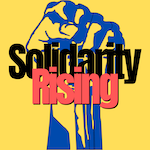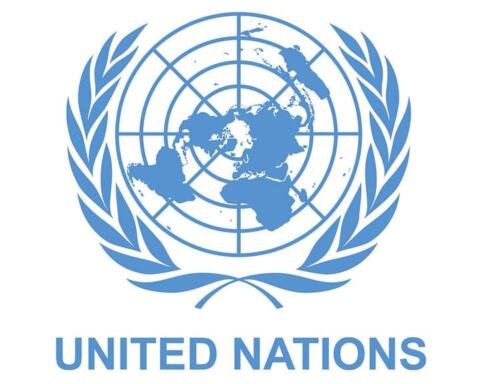By Jennifer M. Murphy & Sidi M. Omar (2013)
This article explores the emergence of indignant movements globally in response to neoliberal globalization, focusing on the “Sahrawi Spring” in Moroccan-occupied Western Sahara as a case study. Drawing from Paulo Freire’s pedagogy of the oppressed and Aníbal Quijano’s critique of power relations, it discusses the coloniality of power and its impact on postcolonial societies. Frantz Fanon’s notion of violence as a liberating force is contrasted with Simone de Beauvoir’s concept of freedom through the freedom of others. The Gdeim Izik protest camp in Moroccan-occupied Western Sahara is examined as a transformative act of nonviolent resistance, challenging colonial oppression. The camp’s significance lies in its discursive, spatial, and sociocultural dimensions, reflecting a shift from socioeconomic to political demands and reinforcing Sahrawi national identity. By reclaiming space and employing diverse aesthetic agencies, the participants exemplify a move from victimhood to indignation, demonstrating the potential of creative nonviolent activism in challenging colonial occupation and fostering political engagement.
Full article
Aesthetics of Resistance in Western SaharaSource: TandF online
Peace Review: A Journal of Social Justice, 25:349–358
Copyright: Taylor & Francis Group, LLC
ISSN 1040-2659 print; 1469-9982 online
DOI: 10.1080/10402659.2013.816553
AuthorJennifer M. Murphy & Sidi M. OmarYear2013Pages11LanguageEnglish
Share via
Related resources
The United Nations’ Failure in Resolving the Western Sahara Conflict
Altough a peace plan was accepted by Marocco and the POLISARIO in 1988, and…
The Unresolved Western Sahara Conflict and Its Repercussions
Western Sahara conflicts have yet to be definitively resolved. It now belongs…
Western Sahara: Road to Perdition?
At the time of writing, hopes for a peacful solution to the enduring conflict…



